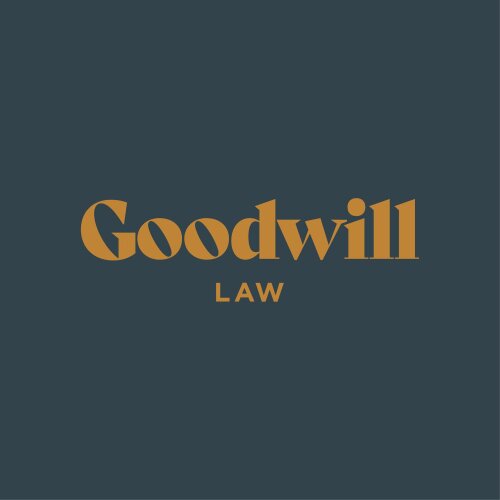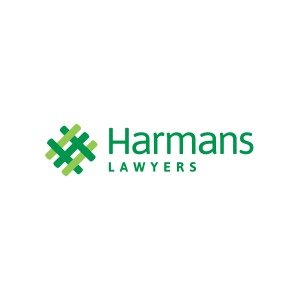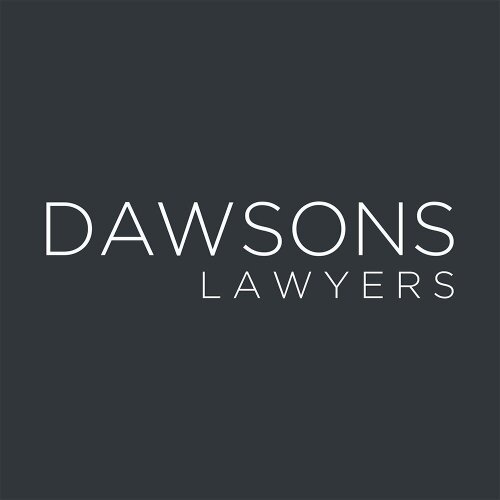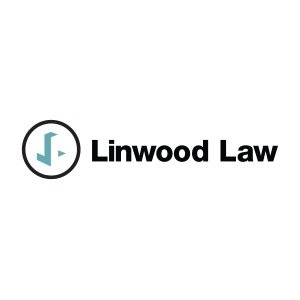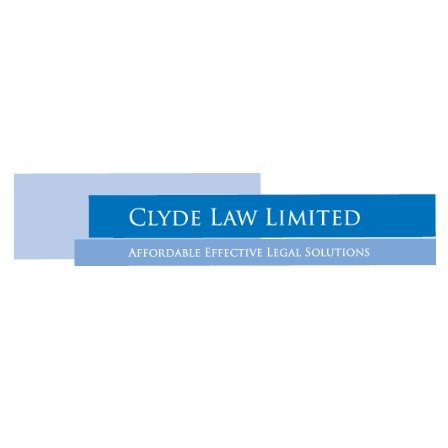Best Government Relations & Lobbying Lawyers in New Zealand
Share your needs with us, get contacted by law firms.
Free. Takes 2 min.
Or refine your search by selecting a city:
List of the best lawyers in New Zealand
About Government Relations & Lobbying Law in New Zealand
Government relations and lobbying in New Zealand involve the practices and mechanisms by which individuals, organizations, and interest groups attempt to influence legislation and policy-making processes. This field operates at the intersection of politics, law, and communication, aiming to represent various interests to government officials and bureaucracies. While widely regarded as a crucial component of a healthy democracy, lobbying necessitates transparency and adherence to legal standards to ensure fair and equitable representation. The New Zealand government has implemented regulations to manage lobbying activities, encouraging ethical practices and transparency in interactions between lobbyists and public officials.
Why You May Need a Lawyer
Engaging with government processes can be complex, and legal guidance is often essential. Here are several scenarios where legal help might be necessary:
- Understanding Legislation: Navigating through complex political and regulatory frameworks that impact your organization or cause.
- Compliance Issues: Ensuring adherence to governmental rules and regulations regarding lobbying practices to avoid legal penalties.
- Drafting Submissions: Assisting in the preparation and presentation of submissions to government bodies or inquiries.
- Advocacy Strategy: Developing effective advocacy strategies that align with legal requirements.
- Conflict Resolution: Mediating disputes or misunderstandings between entities and government agencies.
Local Laws Overview
The regulation of lobbying in New Zealand features several key elements aimed at fostering transparency and integrity. While there is no comprehensive lobbying regulation law akin to other countries, New Zealand does have guidelines and registries that facilitate transparency:
- Transparency Requirements: Voluntary adherence to codes of conduct that outline ethical engagement with public officials.
- Official Information Act 1982: This act facilitates public access to government-held information, which indirectly affects lobbying practices.
- Register of Lobbyists: While not mandatory, there is advocacy for establishing official registers to document lobbyists’ activities.
- Conduct Guidelines: Government departments may have specific guidelines for interaction with lobbyists.
- Public Service Act 2020: Provides overarching guidance on public servant interactions with lobbyists.
Frequently Asked Questions
What is the purpose of lobbying?
Lobbying aims to influence political decisions and policies to reflect the interests or objectives of individuals or organizations.
Is lobbying legal in New Zealand?
Yes, lobbying is legal, but it must be conducted transparently and ethically, adhering to applicable laws and guidelines.
Do I need to register as a lobbyist?
Currently, registering as a lobbyist is not mandatory in New Zealand, but there are discussions around establishing such a requirement for transparency.
What are the ethical considerations in lobbying?
Lobbyists must adhere to ethical practice guidelines, ensuring honesty, integrity, and transparency in their interactions with government officials.
How can a lawyer help with my lobbying efforts?
Lawyers can help ensure compliance with legal requirements, assist with strategy, negotiate conflicts, and provide general legal advice related to lobbying activities.
What is the New Zealand Public Service Act 2020?
The act provides a framework for ethical standards and integrity within the public service, affecting interactions between public servants and lobbyists.
How can I make a formal submission to a government body?
A lawyer can assist with drafting a clear, concise, and legally sound submission to present before a government entity or parliamentary inquiry.
What risks do I face without legal guidance in lobbying?
Without legal advice, you may unknowingly breach regulations, face penalties, or misinterpret legislative frameworks crucial to your lobbying efforts.
What are voluntary codes of conduct in lobbying?
Voluntary codes of conduct set the expected ethical standards and practices for lobbyists, ensuring transparency and integrity.
What is the Official Information Act 1982?
This act promotes openness and transparency, allowing public access to official information which is relevant in the context of lobbying for policy decisions.
Additional Resources
Here are some resources and organizations that can provide further assistance:
- Transparency International New Zealand: Provides resources on lobbying transparency and ethics.
- Office of the Ombudsman: Oversees the Official Information Act, relevant in accessing governmental information.
- State Services Commission: Offers guidelines for interaction between public servants and lobbyists.
- New Zealand Law Society: Provides a list of legal professionals experienced in government relations and lobbying law.
- Lobbying firms: Many firms offer specialized services for those seeking lobbying assistance.
Next Steps
If you require legal assistance in government relations and lobbying, here are the steps you can take:
- Assess Your Needs: Clearly define your objectives and understand the complexities involved.
- Research Professionals: Look for lawyers or firms with experience in government relations and lobbying in New Zealand.
- Schedule Consultations: Meet with potential legal advisors to discuss your needs and to understand their approach and fees.
- Engage an Expert: Once satisfied, engage a legal professional to guide your efforts and ensure compliance with all regulations.
- Stay Informed: Continuously educate yourself on evolving laws and best practices related to lobbying and government relations.
Lawzana helps you find the best lawyers and law firms in New Zealand through a curated and pre-screened list of qualified legal professionals. Our platform offers rankings and detailed profiles of attorneys and law firms, allowing you to compare based on practice areas, including Government Relations & Lobbying, experience, and client feedback.
Each profile includes a description of the firm's areas of practice, client reviews, team members and partners, year of establishment, spoken languages, office locations, contact information, social media presence, and any published articles or resources. Most firms on our platform speak English and are experienced in both local and international legal matters.
Get a quote from top-rated law firms in New Zealand — quickly, securely, and without unnecessary hassle.
Disclaimer:
The information provided on this page is for general informational purposes only and does not constitute legal advice. While we strive to ensure the accuracy and relevance of the content, legal information may change over time, and interpretations of the law can vary. You should always consult with a qualified legal professional for advice specific to your situation.
We disclaim all liability for actions taken or not taken based on the content of this page. If you believe any information is incorrect or outdated, please contact us, and we will review and update it where appropriate.
Browse government relations & lobbying law firms by city in New Zealand
Refine your search by selecting a city.




